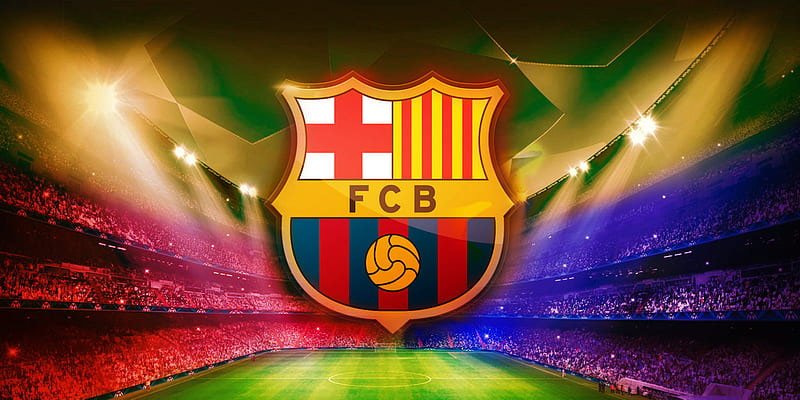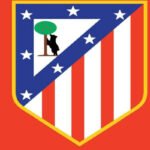Barcelona Club is more than a football team; it’s a living testament to Catalonia’s passion, resilience, and identity. Founded in 1899 by visionary Joan Gamper and a mix of international footballers, the club quickly evolved into a global icon. Through triumphs and hardships, it has stood as a beacon of excellence, uniting millions with its philosophy of beautiful football. From humble beginnings to a legendary empire, Barcelona Club isn’t just about winning—it’s about inspiring generations and shaping football history like no other.
Barcelona Club’s Rivalry with Real Madrid
One cannot discuss the Barcelona Club without mentioning its intense rivalry with Real Madrid. El Clásico is more than just a football match; it represents a cultural, social, and political clash that has captivated audiences for decades.
Historical Context
The rivalry has deep-rooted historical significance, originating from the differing ideologies and identities represented by each club. For many Catalans, FC Barcelona symbolizes regional pride and independence, while Real Madrid often represents the central authority of the Spanish state.
This context adds layers of meaning to every encounter, making it a spectacle that transcends sport. The matches are often infused with passion, intensity, and fiery emotions, drawing attention from all corners of the globe.
Memorable Encounters
Throughout history, El Clásico has produced unforgettable moments that have defined eras in football. From legendary clashes to spectacular comebacks, the matches are always keenly anticipated.
The emergence of star players on both sides has added to the allure, with names like Alfredo Di Stéfano, Johan Cruyff, Ronaldinho, Cristiano Ronaldo, and Lionel Messi all leaving their mark on this fierce rivalry.
Cultural Impact
The cultural ramifications of El Clásico extend beyond the pitch. It serves as a platform for discussions related to nationalism and identity, igniting passions across Catalonia and Spain.
For fans, every victory or defeat carries weight and significance, as it reflects not only a sporting result but also a broader narrative involving pride, representation, and historical context.
The Impact of Barcelona Club on Catalonia
The Barcelona Club operates as more than just a football club; it plays a crucial role in Catalonia’s social fabric and cultural identity. The club’s influence can be seen in various aspects of life in the region.
A Symbol of Regional Pride
For many Catalans, FC Barcelona is synonymous with their identity and pride. The club’s motto, “Més que un club” (More than a club), encapsulates its essence.
It serves as a source of unity, bringing together people from different backgrounds and fostering a sense of belonging. The success of the team is frequently celebrated as a collective achievement for Catalonia.
Community Engagement
The Barcelona Club actively engages with the local community, contributing to various social initiatives and projects. Through its foundation, the club supports education, health, and social welfare programs, emphasizing its commitment to being a force for good in society.
This engagement fosters a strong bond between the club and its supporters, reinforcing the notion that FC Barcelona stands for more than just football.
Political Ramifications
The political climate in Catalonia has further intensified the relationship between the Barcelona Club and its supporters. During times of political unrest, the club has often found itself at the center of discussions surrounding Catalonian independence, further solidifying its position as a voice for the region.
While the club remains apolitical, its symbolic power around issues of identity and autonomy cannot be underestimated.
Conclusion
The Barcelona Club has a rich and multifaceted history that is deeply intertwined with the cultural, social, and political fabric of Catalonia. Its journey from humble beginnings to becoming a global football juggernaut is a testament to its resilience, ambition, and unwavering commitment to excellence.


